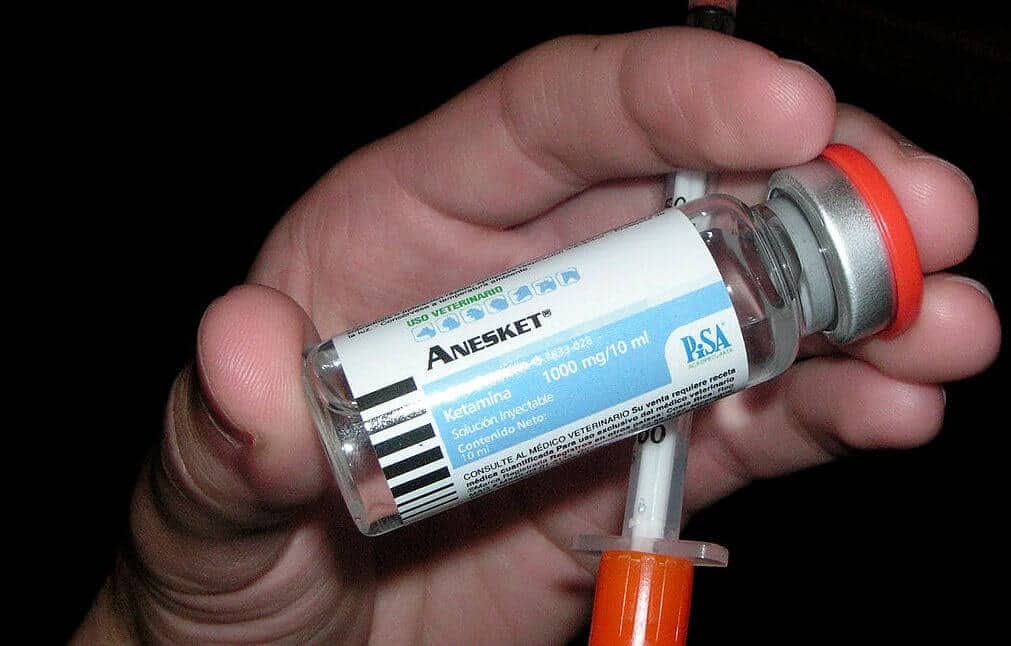Ketamine could be the latest treatment for older individuals who suffer from depression and have been resistant to other medications.
Led by Colleen Loo, a professor at the University of New South Wales in Australia, a new study set out to assess the safety of ketamine in treating elderly patients with depression. Its second objective was to determine whether multiple treatments were safe and effective in prolonging remission.

Ketamine was first used in 1962 as an anaesthetic in the UK and is used illegally as a recreational drug. Rupert McShane, a consultant psychiatrist leading Oxford University’s ketamine treatment program, said the study was encouraging to see.
“This study highlights that ketamine can be given in a variety of ways (not just intravenous), that it’s a good idea to adjust the dose and that the more resistant someone’s depression is, the higher the dose that they are likely to need,” McShane said.
Related: Scientists Uncover Gene Linked to Depression
The study participants were treated with ketamine by receiving small injections, similar to insulin jabs that diabetics self-administer. Loo said while the study shows the benefits of ketamine treatment, it might be too early to incorporate it into clinical practices due to how and when patients respond to the ketamine.
“There are ‘super-responders,’ who after a single treatment can be well for several months,” she said. “Most people are well but then they relapse over around three to seven days. That’s where repeated dosing comes in.”
Related: Why Aren’t All Hospital Patients Screened for Depression?
Loo and her team are working on a larger trial that observes the effects of ketamine on treatment-resistant depression. She said the results are exciting, though ketamine use still isn’t completely understood.
“These results are a promising early piece of the puzzle, but the risks of ketamine use are still not wholly understood,” she said. “Future studies with greater sample sizes are needed to formally assess ketamine’s side effects, such as its impact on liver function.”
Tori Linville is a freelance writer and editor from Clarksville, Tennessee. When she isn’t writing or teaching, she’s faithfully watching her alma mater, the University of Alabama, dominate the football field.


![How To: ‘Fix’ Crepey Skin [Watch]](https://cdn.vitalupdates.com/wp-content/uploads/2017/05/bhmdad.png)












